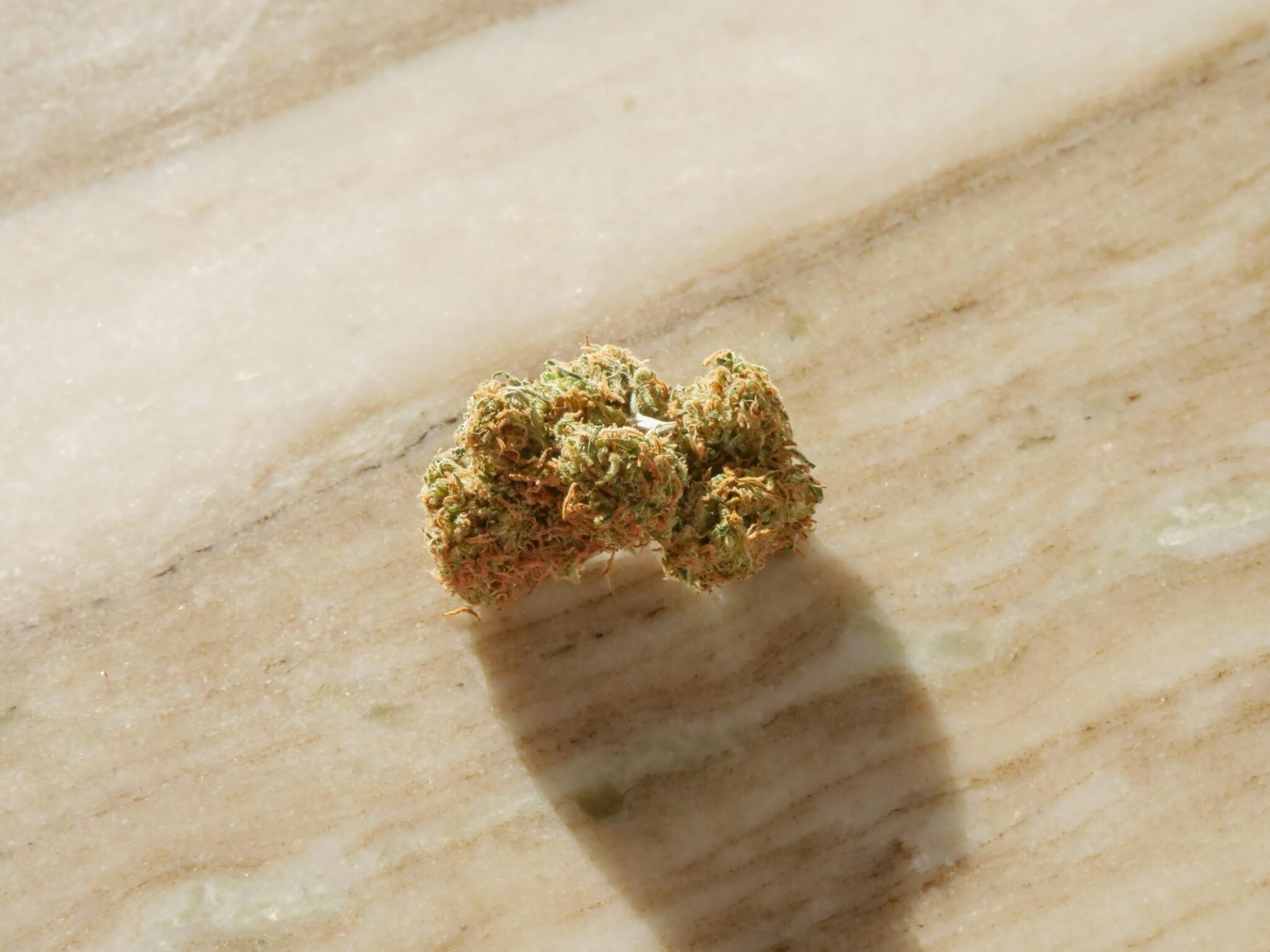When to see your doctor about migraines and headaches
If you’re experiencing your first headache or migraine and you weren’t warned that it could be a side effect of a medication you’ve recently started or it doesn’t have a clear cause, it’s wise to go to the emergency room. In all other cases, you should still talk to your doctor.
Both headaches and migraines can be cause for concern, particularly if they occur frequently. If you’re experiencing pain in your head, you should see a doctor to rule out major factors that can negatively impact your health in the long term.
There is a class of drugs called triptans that are used specifically to treat headaches. They can’t prevent a headache, but they provide relief to people who live with migraines or painful cluster headaches. If your migraines cause nausea, your doctor might recommend a medication to treat nausea.
How cannabis fits into the picture
Your doctor isn’t going to prescribe cannabis for your headaches because the FDA has not yet approved cannabis or any cannabis-related drug for the treatment of headaches or migraines.
If you want cannabis for your pain, you need to ask your doctor if you’re a good candidate. You can obtain a medical cannabis card and purchase your cannabis from a dispensary, or you can get your doctor’s advice on the matter and go to a recreational dispensary.
Does cannabis really help with headaches and migraines?
Cannabis is not yet a recognized treatment for either condition on the official books, and it’s unknown if we’ll ever get there. The FDA is extremely hesitant to approve any type of cannabis or cannabinoid-based drug due to cannabis’s status as federally illegal.
The only FDA-approved cannabis-related drug is CBD in the form of Epidiolex for seizures in some patients. Another is Marinol for patients with cancer or AIDs, but Marinol isn’t even actual cannabis—it’s dronabinol, lab-created equivalent to THC.
That having been said, studies have been conducted on cannabis and pain and symptoms from headaches or migraines. The results probably aren’t what you’re hoping for. Patients self-assessed their headaches and migraines following cannabis use, and patients self-report feeling about 50% better. It’s not a complete elimination of migraine pain, but it’s an improvement.
These studies haven’t been approved or reviewed by the necessary review boards, and therefore cannot be accepted as fact. The outcome of the study makes them even less likely to move further through official studies or clinical trials.
As much as we love weed, we have to be honest here. The only evidence we have isn’t of the highest quality, and it’s hard to quantify feeling “halfway better.” We don’t know if those people’s headaches would have gradually eased up even if they didn’t smoke the weed. We also don’t know how much of it was the placebo effect, or the weed simply distracting them from the pain in their head.
